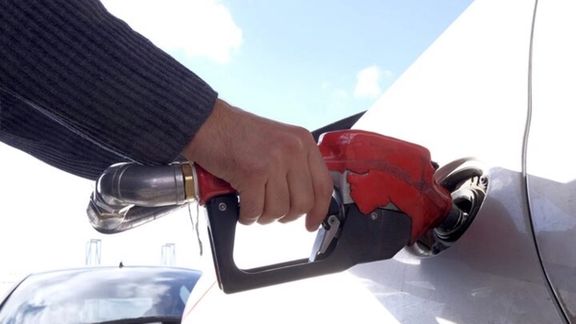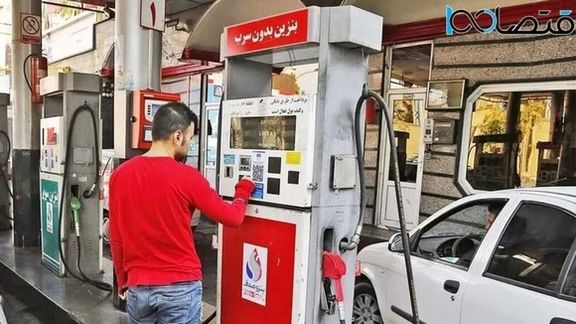US may target gasoline exports to Iran amid energy crisis

The US may soon impose sanctions on gasoline exports to Iran, escalating the pressure on Tehran’s energy sector as it struggles with severe fuel shortages.

The US may soon impose sanctions on gasoline exports to Iran, escalating the pressure on Tehran’s energy sector as it struggles with severe fuel shortages.
Iran’s reliance on imported gasoline has intensified amid a domestic energy crisis marked by rolling blackouts, gas shortages, and an overburdened electricity grid.
With the Islamic Republic facing growing economic strains, Washington may target the importation of refined petroleum products, further isolating Iran from the global energy market.
The Washington Institute's recent report pointed out that Tehran is now "newly susceptible to pressure against its oil product imports, not just its oil exports," as the country grapples with energy shortages that have triggered public frustration and political instability.
In particular, the Institute suggested that Washington may reapply sanctions from the Comprehensive Iran Sanctions, Accountability, and Divestment Act (CISADA), which gives the US authority to penalize companies and governments providing essential services—such as insurance, financing, and shipping—for Iran’s gasoline and other petroleum imports.
The report says that imposing sanctions on gasoline imports is more feasible and less diplomatically complicated than targeting Iran's crude oil exports, which are primarily sent to smaller refineries in China.
Gasoline, produced by foreign refineries, is a relatively small market for these countries, making them more susceptible to US penalties.

"Enforcing sanctions on Iran’s gasoline imports is more straightforward and less diplomatically fraught than sanctioning its oil exports, most of which go to small refineries in China. This gasoline is produced at foreign refineries that may be reluctant to incur U.S. penalties just for the sake of a relatively small customer like Iran," wrote Patrick Clawson, the Research Counselor at the Washington Institute.
This potential strategy comes as Iran faces a sharp rise in domestic fuel consumption, including gasoline, with daily demand reaching at least 120 million liters—far surpassing the country's production capacity.
Last year, Iran spent $2 billion on gasoline imports, and its reliance on foreign fuel is expected to rise, with projected imports of 15 million liters per day. The country’s inability to produce enough gasoline domestically has made it increasingly vulnerable to external sanctions targeting its refined oil products.
As the Trump administration prepares to tighten its sanctions regime, European powers may lend their support, fueled by dissatisfaction with Iran's nuclear ambitions and its recent actions, including the acceleration of uranium enrichment and non-compliance with the International Atomic Energy Agency's inspections.
The timing is critical for both Iran’s government and its citizens, as energy shortages continue to strain daily life, potentially leading to social unrest reminiscent of the 2019 protests sparked by fuel price hikes.
Following a televised interview by President Masoud Pezeshkian on Monday, speculation about the potential increase in gasoline prices has grown in Iran. In the interview, the president referred to energy shortages and stated that gasoline prices would rise, but did not announce the timing of the decision.
At the same time, the government and parliament are facing a challenge regarding who will take responsibility for this price increase.
In addition to gasoline shortages, Iran is also grappling with a growing natural gas deficit, exacerbated by inefficient energy policies.
The shortage of natural gas, used in 90% of Iranian homes for heating, has left the country in a precarious position, especially as it heads into a harsh winter.
As Iran faces mounting internal challenges, the US may find leverage in pushing for a reduction in gasoline exports, further isolating Tehran from the global market and heightening the strain on its economy.